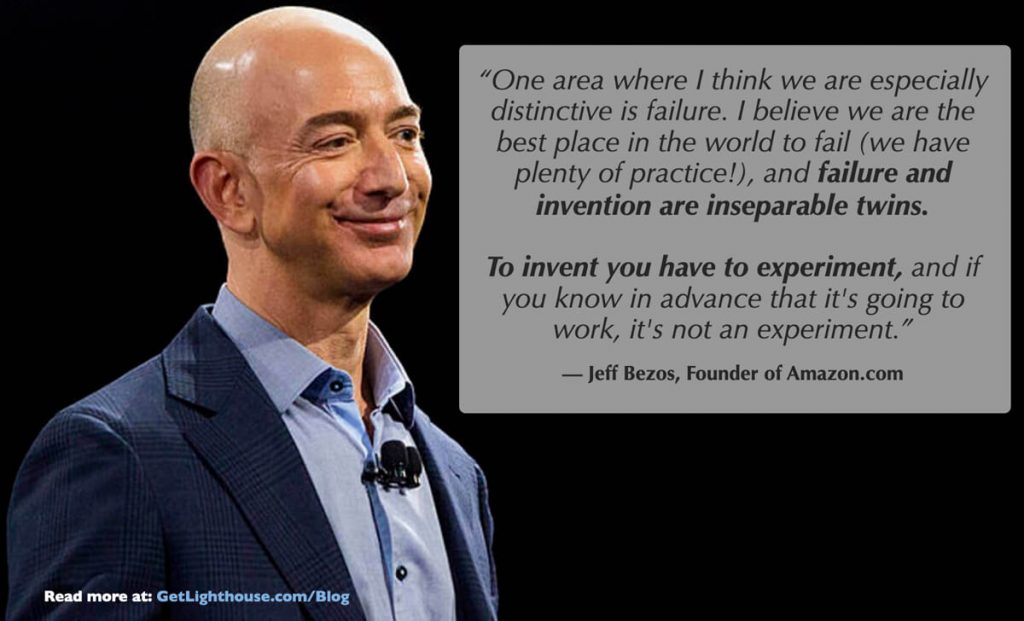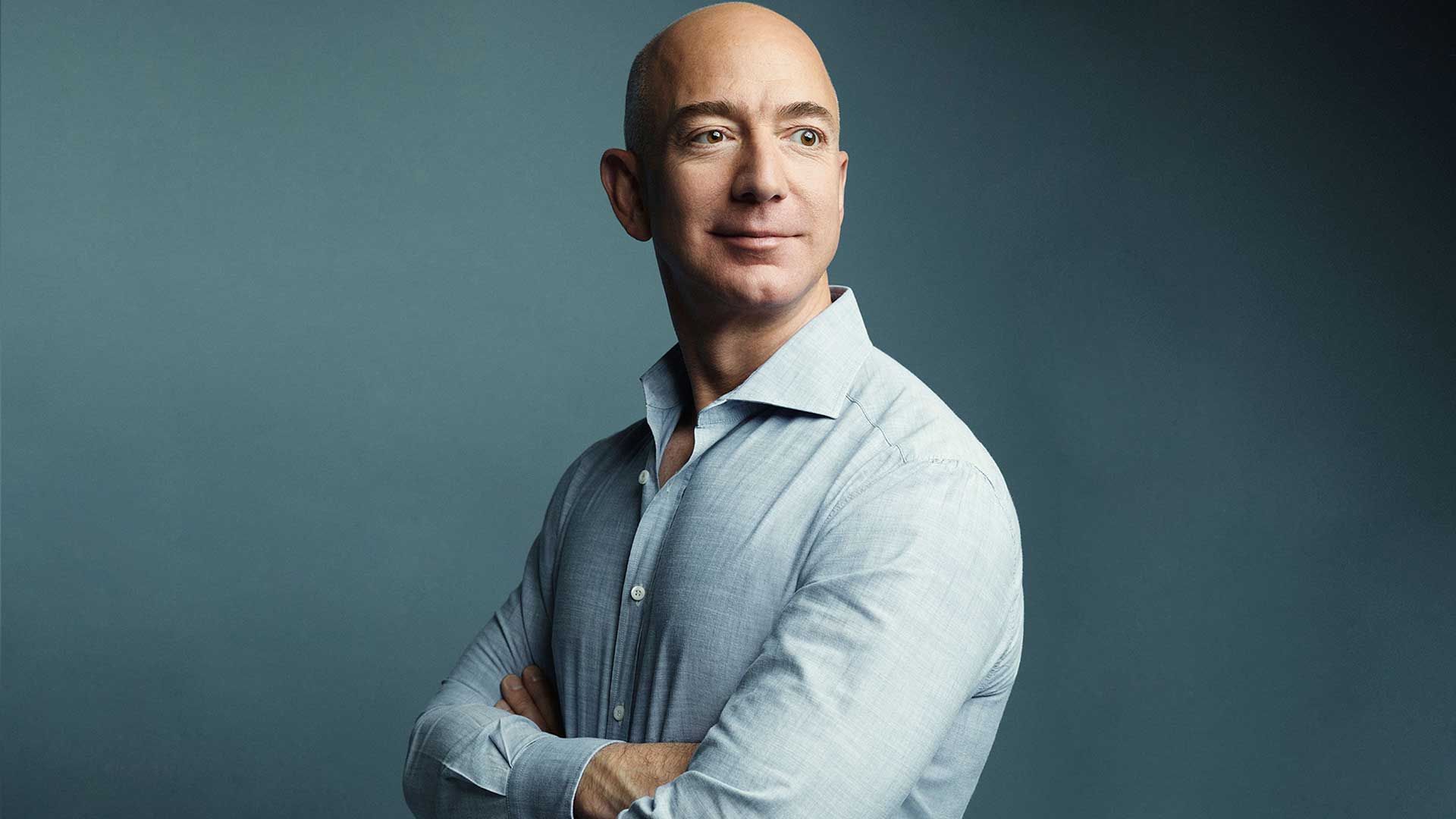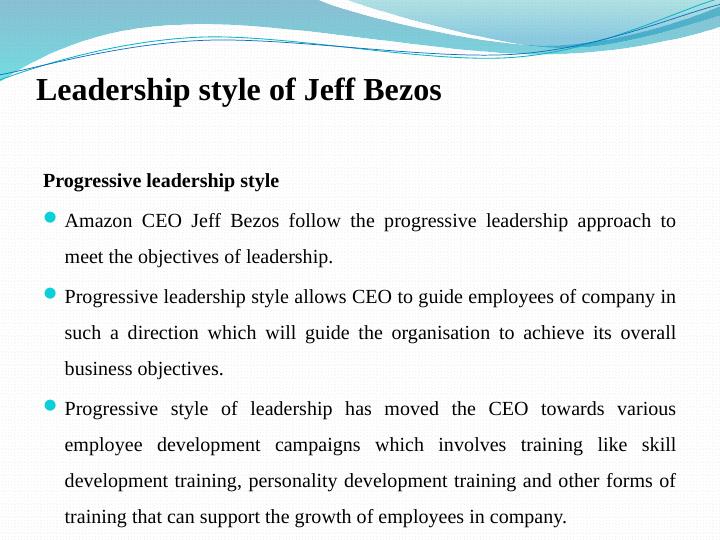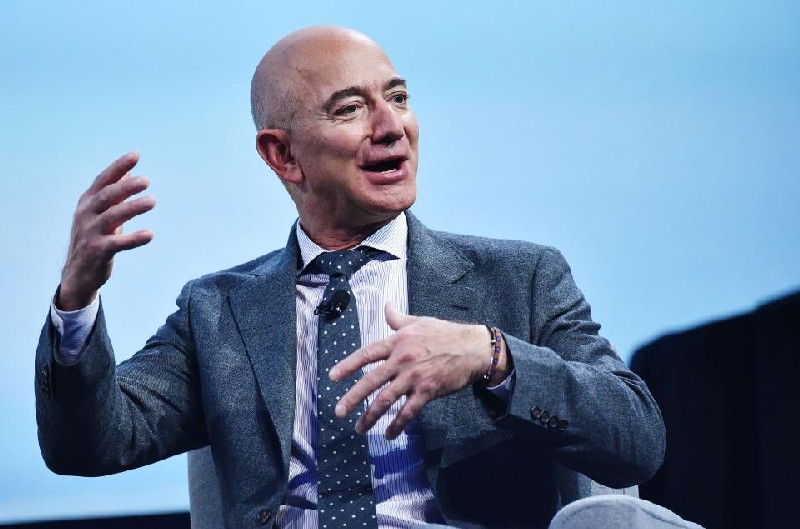What Is Jeff Bezos Management Style
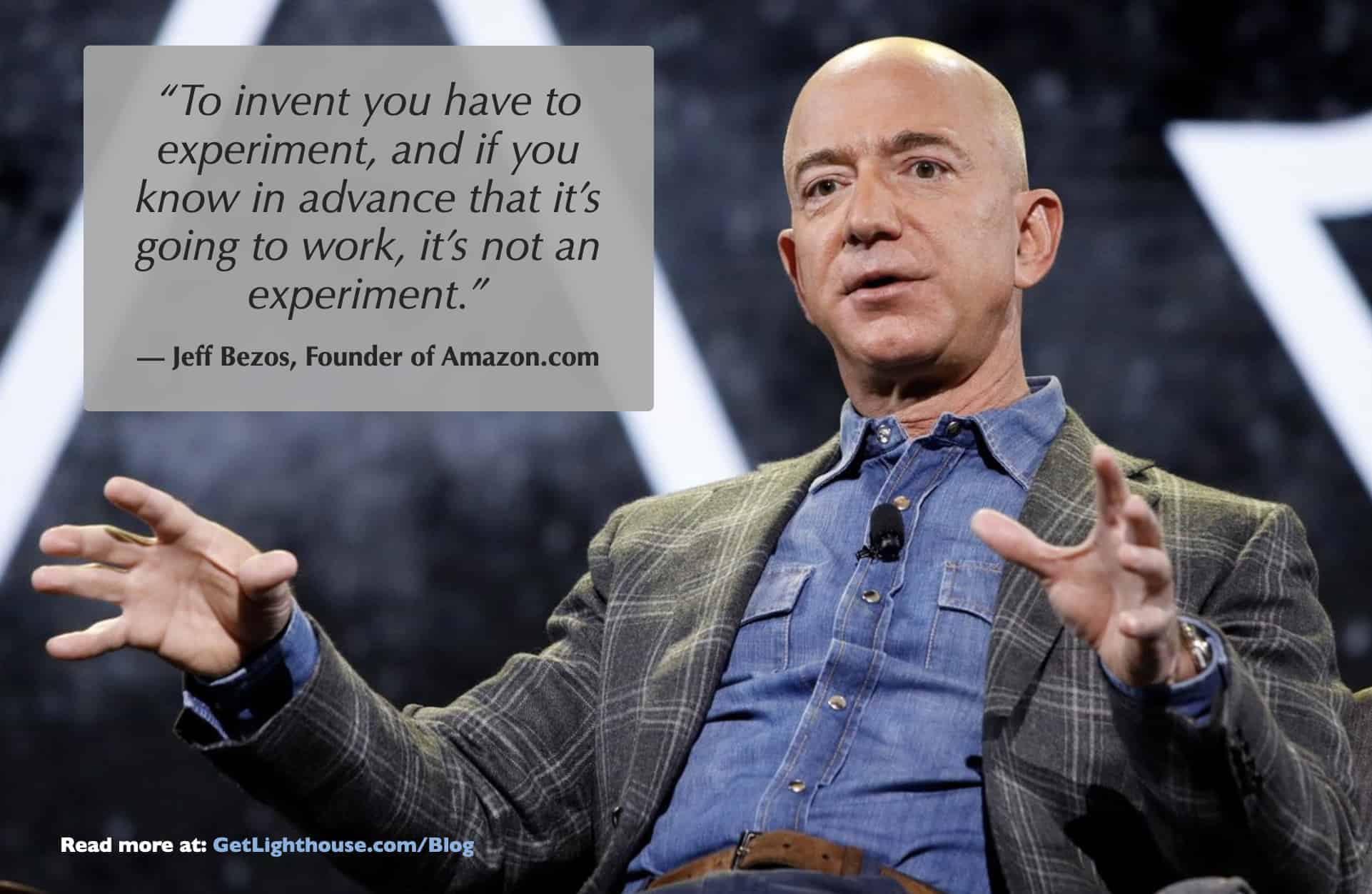
In the fiercely competitive world of e-commerce and technological innovation, Amazon has stood as a titan for decades. Much of its success is attributed to the unique and demanding management style cultivated by its founder, Jeff Bezos. His approach, known for its data-driven rigor and customer obsession, has both propelled Amazon to unprecedented heights and drawn criticism for its intense working conditions.
This article dissects Bezos' management philosophy, examining its core principles, its impact on Amazon's corporate culture, and its legacy on leadership styles across industries. It explores the multifaceted nature of his approach, acknowledging both its undeniable effectiveness and its potential drawbacks.
Core Principles of Bezos' Management Style
Bezos' management style is characterized by several key tenets. These principles include relentless customer focus, long-term thinking, invention, and operational excellence. Each of these elements plays a critical role in driving Amazon's strategic decisions and day-to-day operations.
Customer obsession is paramount. Bezos frequently emphasized the importance of starting with the customer and working backward. This customer-centric approach permeates all levels of the organization, influencing product development, marketing strategies, and customer service protocols.
Long-term thinking is another defining characteristic. Bezos consistently prioritized long-term growth over short-term profits. This allowed Amazon to invest heavily in research and development, enter new markets, and build infrastructure that would support future expansion.
Invention is encouraged and celebrated. Bezos fostered a culture of experimentation and risk-taking, believing that failure is a necessary part of innovation. This led to the development of groundbreaking products and services, such as Amazon Web Services (AWS) and the Kindle.
Operational excellence is a constant pursuit. Bezos implemented rigorous metrics and processes to ensure efficiency and productivity. This included using data to track performance, identify areas for improvement, and hold employees accountable.
Data-Driven Decision Making
Data plays a central role in Bezos' decision-making process. He famously relied on metrics and analytics to guide strategic choices and operational improvements. Gut feelings and intuition, while not entirely dismissed, were always scrutinized against hard data.
Bezos championed the use of Key Performance Indicators (KPIs) to monitor progress and identify areas needing attention. These KPIs ranged from customer satisfaction scores to inventory turnover rates. He also employed sophisticated algorithms to optimize logistics, pricing, and other critical functions.
The "two-pizza rule," where teams should be small enough to be fed by two pizzas, is another example of data-driven management. This rule promoted agility and efficiency by fostering smaller, more focused teams.
Amazon's Corporate Culture: Demanding and Results-Oriented
Bezos' management style has shaped Amazon's demanding and results-oriented corporate culture. The company is known for its high expectations, intense competition, and relentless pursuit of excellence. This culture has been both praised and criticized.
Some argue that it fosters innovation and drives exceptional performance. Others contend that it creates a stressful and unsustainable work environment. Reports of long hours, intense scrutiny, and a lack of work-life balance have fueled debate about the ethical implications of Bezos' management approach.
Bezos himself acknowledged the demanding nature of Amazon's culture but maintained that it was necessary to achieve ambitious goals. He emphasized that the company was not for everyone and that individuals who thrived in a fast-paced, challenging environment would be most successful.
The Legacy of Bezos' Management Style
Bezos' management style has left an indelible mark on the business world. His customer-centric approach, data-driven decision-making, and emphasis on innovation have been widely emulated by other companies. Amazon's success has demonstrated the power of these principles.
However, the criticism surrounding Amazon's work culture has also prompted discussions about the importance of employee well-being and ethical leadership. Many organizations are now seeking to balance performance with a more humane and supportive work environment.
Looking ahead, the future of management will likely involve a hybrid approach, incorporating the best elements of Bezos' style while prioritizing employee satisfaction and social responsibility. The challenge will be to achieve both exceptional results and a positive impact on society.

